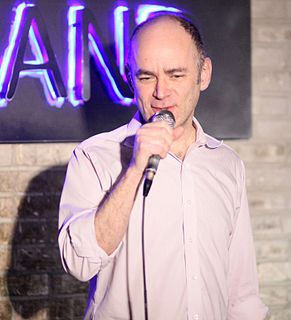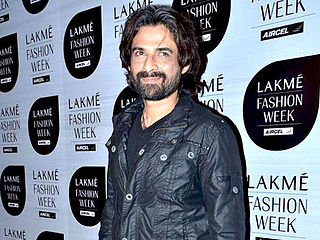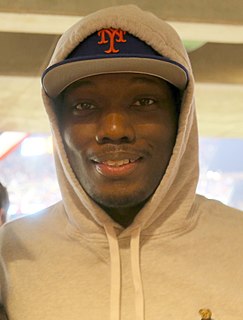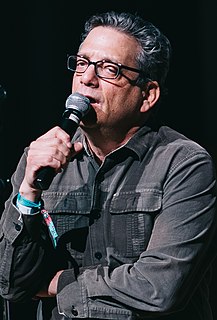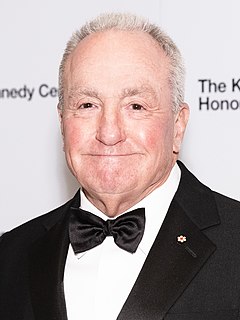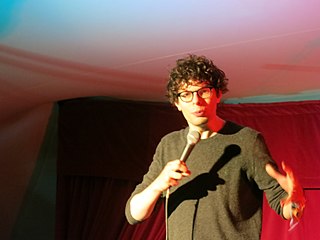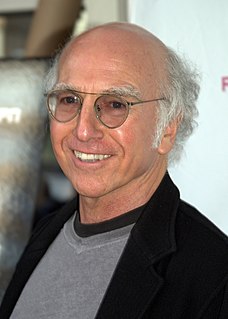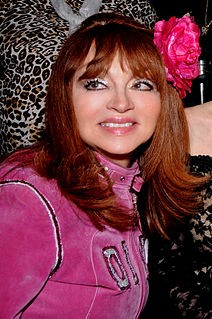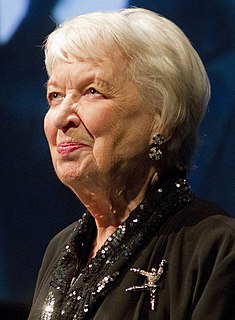A Quote by Maz Jobrani
As the weeks went on, I realized there was an important role comedy would play in healing the tragedies of September 11. Comedy can help people cope, and many people were coming to the clubs to laugh out the stress.
Related Quotes
The problem with a lot of comedy clubs is not that they are a comedy club; it's just the cheesy way they're presenting themselves. That's why a lot of people have a problem with them. If you're a relatively unknown comedian, you can play at a comedy club, you might play to hundreds of people every night. But if you try to make a concert event out of it, and try to play a rock club or something, where you might play to 10 people or no people. And the flipside of that is, that's also a great thing, to play to people who are your fans. Some people are too hard on the comedy clubs.
The first purpose of comedy is to make people laugh. Anything deeper is a bonus. Some comedians want to make people laugh and make them think about socially relevant issues, but comedy, by the very nature of the word, is to make people laugh. If people aren't laughing, it's not comedy. It's as simple as that.
I would love to be able to play anywhere, but to me the sweet spot is clubs and theaters, just because I feel like you lean in to tell a joke. You don't back up. Comedy lives in that area. I've played amphitheaters, big clubs, and pool halls, and the most fun rooms hold anywhere from 500 to 2,000 people. That intimacy is where comedy really lives.
People have a comic bent or an angularity to their thinking, and those are the people who make jokes. And it's usually people who were in an environment, when they were young, where jokes were at a premium, or at least considered important to a life. My parents always listened to the comedy radio shows, we went to the comedy movies, and my parents appreciated comedy. So kids listen and follow what their parents like.

